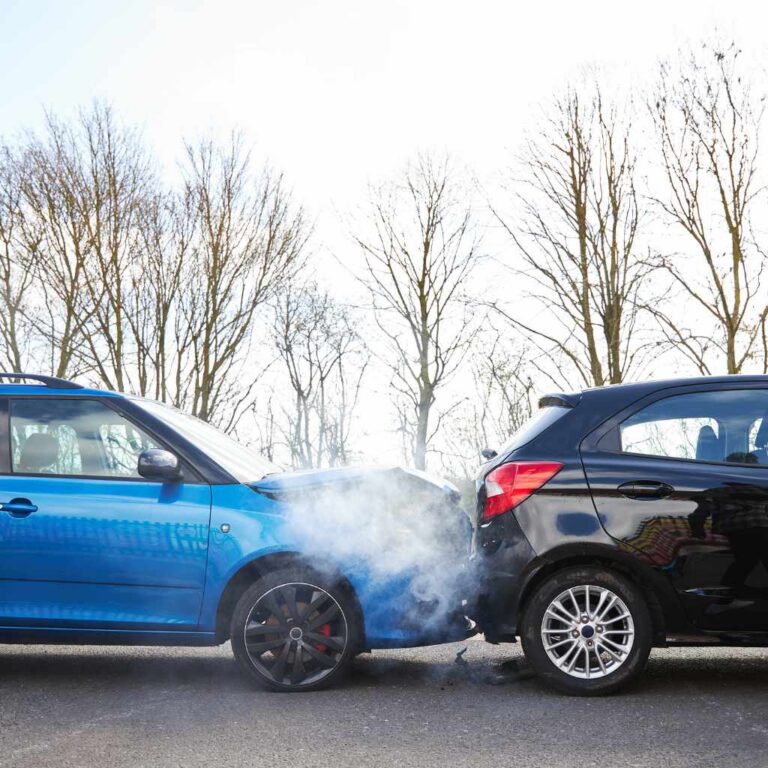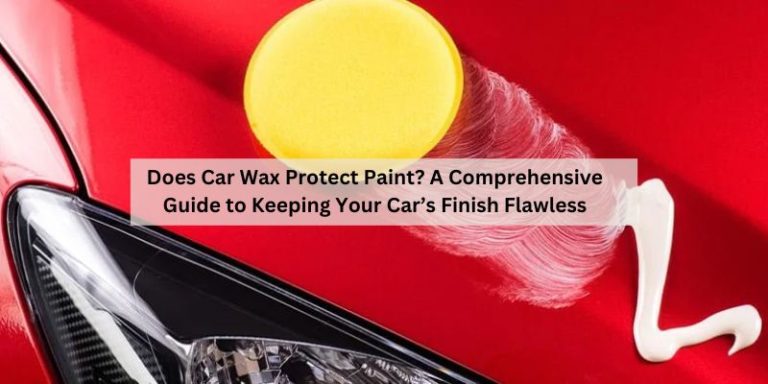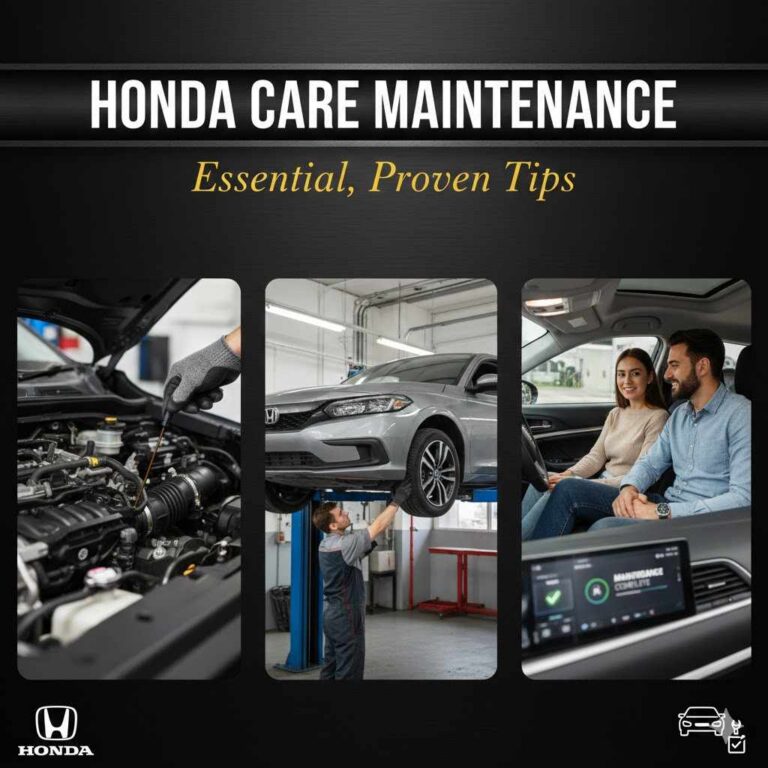Is It Bad to Idle a Car? Unveiling the Truth!
Idling a car for extended periods of time is generally not recommended as it can lead to unnecessary wear and tear on the engine. Excessive idling can also result in higher fuel consumption and potential damage to components such as spark plugs and cylinders.
While it may seem convenient to leave a car running while parked, it is best to avoid idling for extended periods to maintain the health of the engine and reduce unnecessary fuel consumption.
Myths And Facts About Car Idling
There are several common misconceptions about idling a car that need to be addressed. One of the most prevalent myths is that idling is not harmful to the car. However, this is not entirely true. While idling does not cause immediate damage, it does put more hours on the engine, resulting in unnecessary wear and tear. Components such as cylinders, spark plugs, and exhaust systems can be negatively affected by excessive idling.
Another misconception is that idling is more fuel-efficient than turning off and restarting the engine. In reality, idling wastes fuel and money. Vehicles get zero miles-per-gallon while idling, and larger vehicles tend to waste more fuel than smaller ones. Idling for extended periods can also lead to higher maintenance costs due to increased engine wear-and-tear over time.
Furthermore, leaving your car idling can damage your spark plugs and cylinders. Gasoline engines work best when operating at high speeds, so idling at a lower speed than it’s designed for can result in decreased engine performance.
In conclusion, while idling may not cause immediate harm, it can lead to unnecessary wear and tear on the engine and increased fuel consumption. It is best to minimize idling time to avoid potential damage and save on fuel costs.
Environmental Impact
Idling a car can have negative environmental impacts, especially in terms of emissions. When a car is idling, it releases harmful pollutants into the air, contributing to poor air quality. This can have adverse effects on human health and the environment. Idling also leads to unnecessary fuel consumption, which not only wastes resources but also contributes to increased carbon emissions. Therefore, minimizing idling time can help reduce the environmental impact of vehicle emissions.
Engine Health And Idling
Idling a car for extended periods of time can have potential negative effects on engine health and various components. Excessive idling can result in significant mechanical degradation and excessive fuel consumption. It can damage crucial engine components such as the Engine Gas Recirculation (EGR) valve and Diesel Exhaust Fluid (DEF) filter. Idling also wastes fuel, causing higher maintenance costs and increased engine wear-and-tear over time.
Leaving a car running while parked may lead to damage to spark plugs and cylinders. The engine operates at a lower speed than it’s designed for, which can negatively impact its performance. While idling is generally not harmful to the car, it puts unnecessary wear and tear on the engine, increasing the chances of potential issues.
Therefore, it is advisable to minimize unnecessary idling to preserve engine health, reduce fuel consumption, and minimize maintenance costs.
Fuel Consumption Concerns
Idle time can significantly impact fuel efficiency and lead to wasted fuel, which ultimately translates to wasted money. When a car idles, it consumes fuel without making any progress, thereby decreasing fuel efficiency. This not only results in unnecessary fuel expenditure but also contributes to environmental pollution. Moreover, prolonged idling can lead to increased engine wear-and-tear, potentially causing damage to crucial components such as cylinders and spark plugs. Therefore, it is essential to minimize idle time to conserve fuel, reduce emissions, and maintain engine health.
Idling Regulations And Laws
Idling a car for extended periods can lead to mechanical degradation and excessive fuel consumption. Components such as the Engine Gas Recirculation (EGR) valve and Diesel Exhaust Fluid (DEF) filter are at risk of damage. Local idling restrictions vary, and ignoring them can result in fines or penalties. It’s important to be aware of the consequences of idling, including greater engine wear-and-tear, higher maintenance costs, and potential damage to spark plugs and cylinders. While idling is generally not harmful, excessive idling can be detrimental to the engine. It’s best to limit idling time to avoid unnecessary wear and tear on the vehicle.
Safety And Security Risks
Leaving your car idle for an extended period can pose several safety and security risks. One of the most significant dangers is the risk of carbon monoxide (CO) poisoning. If there is an exhaust leak, the CO can enter the car’s cabin, leading to serious health problems, including death. Additionally, idling your car can attract thieves, especially if you leave your keys in the ignition or the car unlocked.
| Safety and Security Risks: |
|---|
| The Danger of CO Poisoning |
| Theft Risks During Idling |
While idling may seem harmless, it can also lead to engine wear and tear, resulting in higher maintenance costs. Idling also wastes fuel, and larger vehicles tend to waste more fuel than smaller ones. Therefore, it is best to avoid idling your car for extended periods and turn off the engine when not in use.
Alternatives To Idling
Leaving a car idling for extended periods can lead to excessive fuel consumption and mechanical degradation. However, there are alternatives to idling that can achieve the same result without harming the engine. One modern solution to warm up a car is using idle-reduction technologies, such as start-stop systems and hybrid engines. Start-stop systems automatically turn off the engine when the car is stationary, and hybrid engines combine a gasoline engine with an electric motor to reduce fuel consumption and emissions. Another alternative is to simply drive the car gently for the first few miles until it reaches optimal operating temperature.
Expert Opinions On Idling
Expert opinions on idling vary, with mechanics advising against prolonged idling due to the potential for engine wear-and-tear. Manufacturers generally discourage excessive idling as it can lead to increased fuel consumption and mechanical degradation. Furthermore, idling can cause damage to engine components such as cylinders and spark plugs. While idling may not be immediately harmful, it’s best to limit idle time to avoid unnecessary wear on the engine.
Practical Tips For Car Owners
Idling your car for extended periods can lead to mechanical degradation and excessive fuel consumption. Components such as the Engine Gas Recirculation (EGR) valve and Diesel Exhaust Fluid (DEF) filter can suffer damage during idling. It’s important to limit idling to reduce engine wear-and-tear and minimize maintenance costs. Additionally, excessive idling can harm engine components, including cylinders, spark plugs, and exhaust systems. It’s crucial for car owners to be mindful of the negative impacts of prolonged idling and take steps to minimize idling time to preserve the health and longevity of their vehicles.
The Bottom Line On Idling
Idling your car can lead to significant mechanical degradation and excessive fuel consumption. The engine components such as the EGR valve and DEF filter can suffer damage, while idling causes greater engine wear and tear over time, resulting in higher maintenance costs.
| Is It Bad to Idle a Car |
|---|
Balancing Convenience And CareIdling your car for long periods of time can have negative long-term effects on your vehicle. Engine idling can lead to significant mechanical degradation and excessive fuel consumption. Components such as the Engine Gas Recirculation (EGR) valve and Diesel Exhaust Fluid (DEF) filter can be damaged while the vehicle is idle. Idling also wastes fuel and money, as vehicles get zero miles-per-gallon while idling. Additionally, idling can cause greater engine wear-and-tear over time, resulting in higher maintenance costs. It is best to avoid excessive idling to prevent unnecessary wear and tear on your car’s engine. While idling is generally not harmful to the car, it puts more hours on the engine, leading to more unnecessary wear and tear. It is important to strike a balance between convenience and care by minimizing idle time whenever possible. |
Conclusion
Idling your car for extended periods of time can result in significant mechanical degradation and excessive fuel consumption. It can also cause greater engine wear-and-tear over time, leading to higher maintenance costs. While idling is generally not harmful to the car, it puts more hours on the engine and causes unnecessary wear and tear.
Therefore, it is recommended to turn off the engine when parked for extended periods of time to save fuel, reduce emissions, and prevent damage to the engine components.






